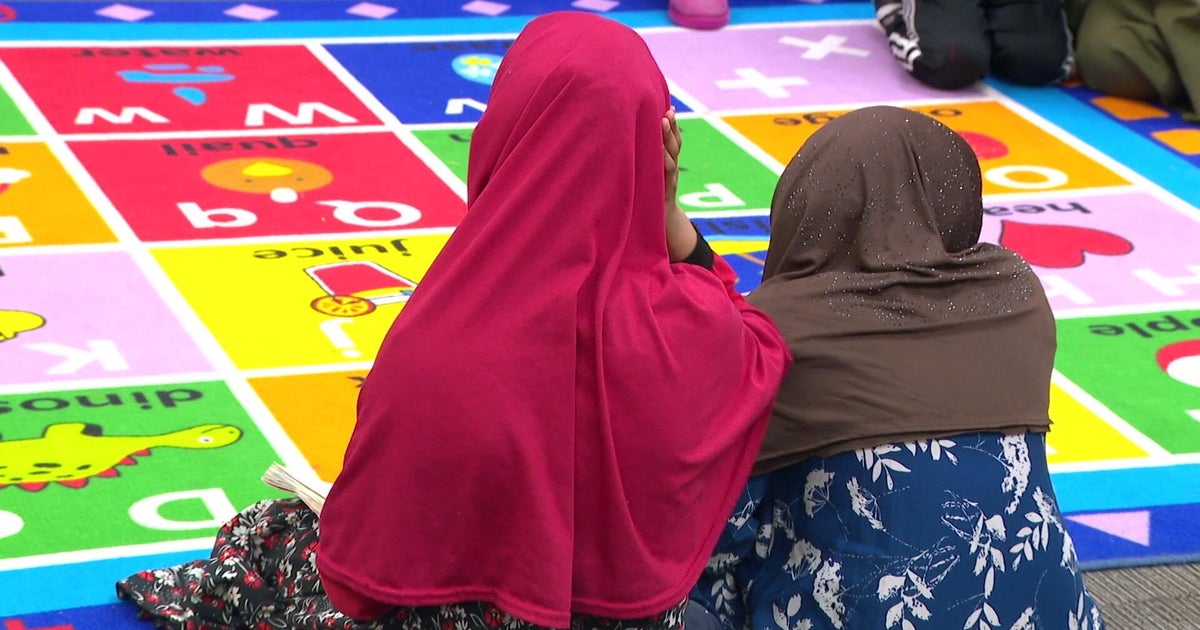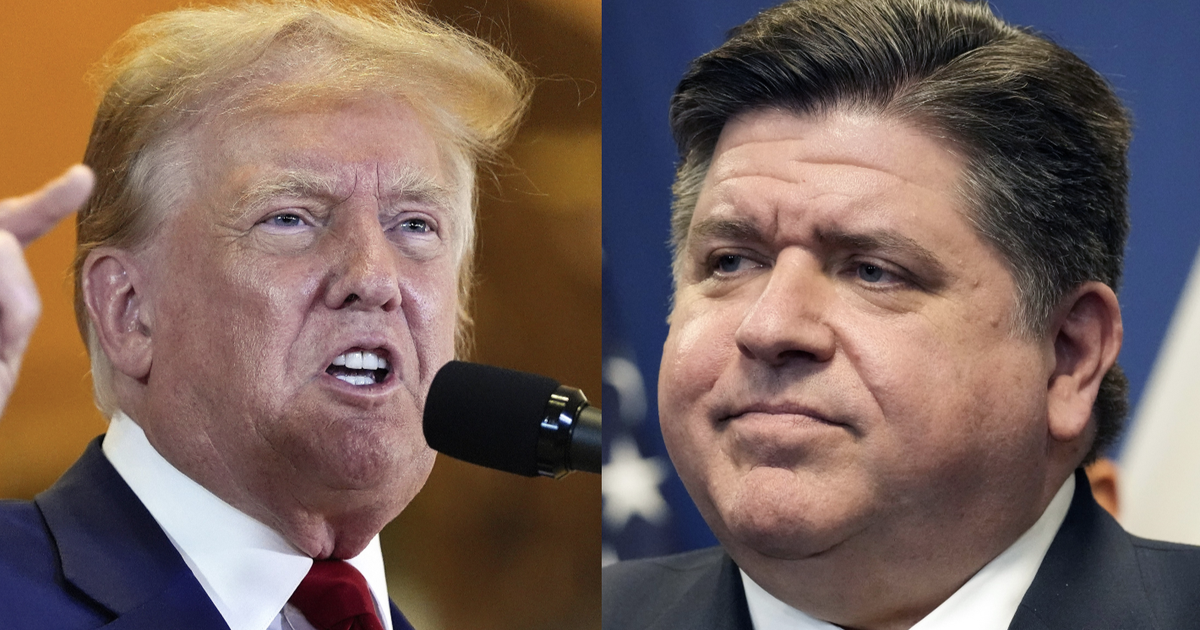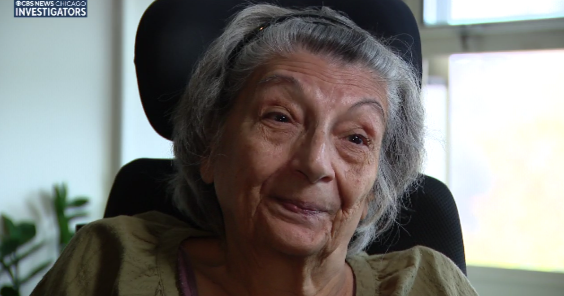Johns Hopkins Univ. Faces $1 Billion Lawsuit Over STD Study
BALTIMORE (WJZ) -- Billion dollar lawsuit. Hundreds of people, part of a horrific STD study, sue Johns Hopkins University.
Nearly 800 former research subjects infected with sexually transmitted diseases in Guatemala are seeking justice--but Hopkins says it is not to blame.
Christie Ileto has more on the accusations and the denial.
The government experiment happened more than 65 years ago. The victim's attorneys argue it's time to right a terrible wrong, while Johns Hopkins says its hands are clean.
Nearly 800 names with the same story--Guatemalan research subjects in the 1940s and '50s poked and prodded as human guinea pigs of the U.S. government and infected with syphilis and other STDs without their knowledge.
The newly filed lawsuit alleges Johns Hopkins created and designed the Guatemala experiments, approved and recommended them for funding and oversaw, monitored and concealed the nature in which they were carried out.
Paul Bekman is one of the attorneys representing the victims and their families in Guatemala--a country in Central America where the experiments were conducted.
"They kept a lid on it, making sure that nobody knew about it, and they actively deceived these people. There was no consent obtained for and from anybody," said Bekman.
The suit says tests were carried out on women, orphans and soldiers. Some details are too graphic to report.
"Johns Hopkins expresses profound sympathy for individuals and families impacted by the deplorable 1940s syphilis study conducted by the U.S. Government in Guatemala. This was not a Johns Hopkins study. Johns Hopkins did not initiate, pay for, direct or conduct the study in Guatemala. No nonprofit university or hospital has ever been held liable for a study conducted by the U.S. Government.
It has been well established by a Presidential Commission that this unconscionable research was funded and executed by the United States Government. The President, U.S. Secretary of State and U.S. Secretary of Health and Human Services have apologized to the Guatemalan government and to all affected.
The plaintiffs' essential claim in this case is that prominent Johns Hopkins faculty members' participation on a government committee that reviewed funding applications was tantamount to conducting the research itself and that therefore Johns Hopkins should be held liable. Neither assertion is true.
A class action lawsuit seeking to hold federal officials responsible for the Guatemala study has been filed and dismissed. U.S. District Court Judge Reggie Walton dismissed that action in 2012 and stated that the pleas of victims for relief are more appropriately directed to the political branches of the federal government.
For more than half a century since the time of the Guatemala study, scholars, ethicists and clinicians have worked with government officials to establish rigorous ethical standards for human research. Johns Hopkins welcomes bioethical inquiry into the U.S. Government's Guatemala study and its legacy. This lawsuit, however, is an attempt by plaintiffs' counsel to exploit a historic tragedy for monetary gain. Plaintiffs' legal claims are not supported by the facts.
We will vigorously defend the lawsuit."
The experiment came to light in 2012, prompting President Obama to apologize for the research. Johns Hopkins University says it did not initiate, pay for, or conduct the experiment.
"Doctors who were employers of Johns Hopkins went to NIH and served on NIH study committees in their capacity on behalf of the federal government, but not on behalf of Johns Hopkins," said Robert Mathias, lead counsel for Johns Hopkins.
Rob Mathias represents Hopkins, describing the suit with no merit and beyond its statute of limitations.
In 2012, a federal judge dismissed a lawsuit against the U.S. government for the very same study.
The suit also names the Rockefeller Foundation and New York pharmaceutical company Bristol Meyers Squibb in the lawsuit.







